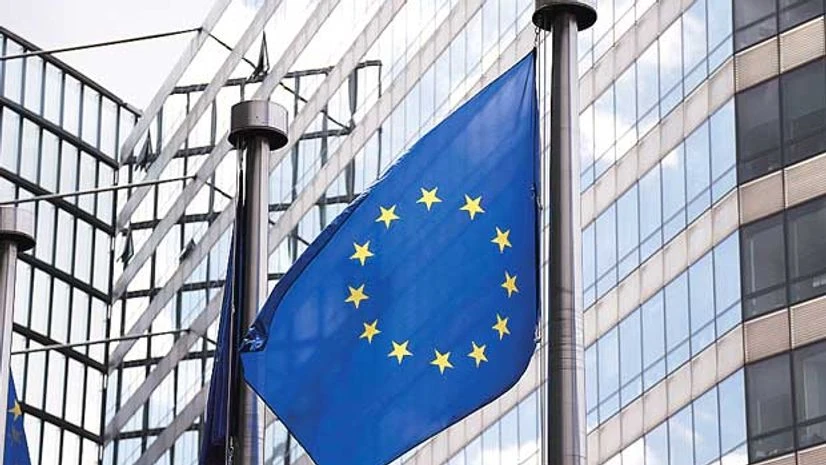Germany enjoyed robust if unspectacular growth in the second quarter while the French economy stagnated, leaving policymakers looking at a fragile euro zone recovery and risks from volatile Chinese markets.
The German economy, Europe's largest, grew by 0.4% on the quarter -- a slight acceleration from 0.3% in the first three months of the year but below expectations for a 0.5% expansion as weak investment acted as a drag.
In France, a jump in exports was not strong enough to offset the impact of weak consumer spending and changes in inventories and growth came to a standstill after a strong first quarter.
Data for the whole of the euro zone is expected at 0900 GMT.
The readouts from the euro zone's two largest economies came a day after the minutes of the European Central Bank's last meeting showed it was concerned that volatility in Chinese markets may have more impact than expected on the euro zone.
Also Read
China has seen a run of weak economic data.
The ECB described the recovery in the 19-country euro zone as moderate and gradual, a trend it called "disappointing", and said an increase in US interest rates might slow the upturn.
Private sector economists are also concerned that Germany, Europe's powerhouse economy, is not growing faster despite favourable conditions.
"The fact that record low interest rates, low energy prices and the weak euro have not led to a stronger expansion in our view shows that the German economy has simply reached the end of its long positive virtuous circle of structural reforms and growth," said Carsten Brzeski at ING.
"Normally, such a cocktail of strong external steroids should have given wings to the economy. This is not the case."
Germany's Federal Statistics Office said weakness in investment and a marked drop in inventories weighed on growth in the second quarter, while the weaker euro helped support exports.
The euro fell sharply at the start of the year, shedding more than 8% on a trade-weighted basis between January and March - its weakest quarter ever. The single currency did gain back some ground in the second quarter, rising just over 2%, but since the start of the year it is down almost 6%.
In France, companies that were selling down their inventories after building them up in the first quarter accounted for much of the stagnation, dragging GDP growth down by 0.4%age points.
That annuled the 0.3 point increase to GDP from foreign trade and meagre 0.1% from domestic demand.
Economic reports from other northern euro zone economies gave little reason for optimism even though they have been spared the worst of the currency bloc's debt crisis.
In the Netherlands, the economy grew by 0.1% on the quarter in the April-June period.
In Finland, gross domestic product (GDP) contracted in April-June for the fourth consecutive quarter as the Nordic euro zone member struggles to revive exports to its major markets, Europe and Russia.

)
